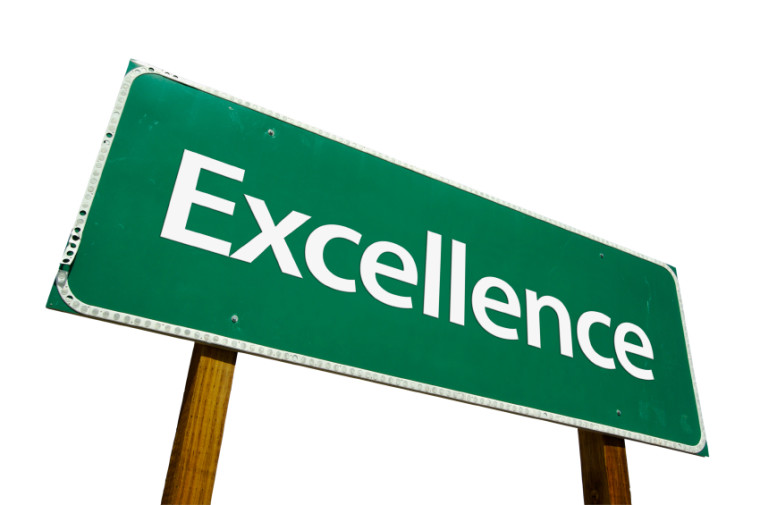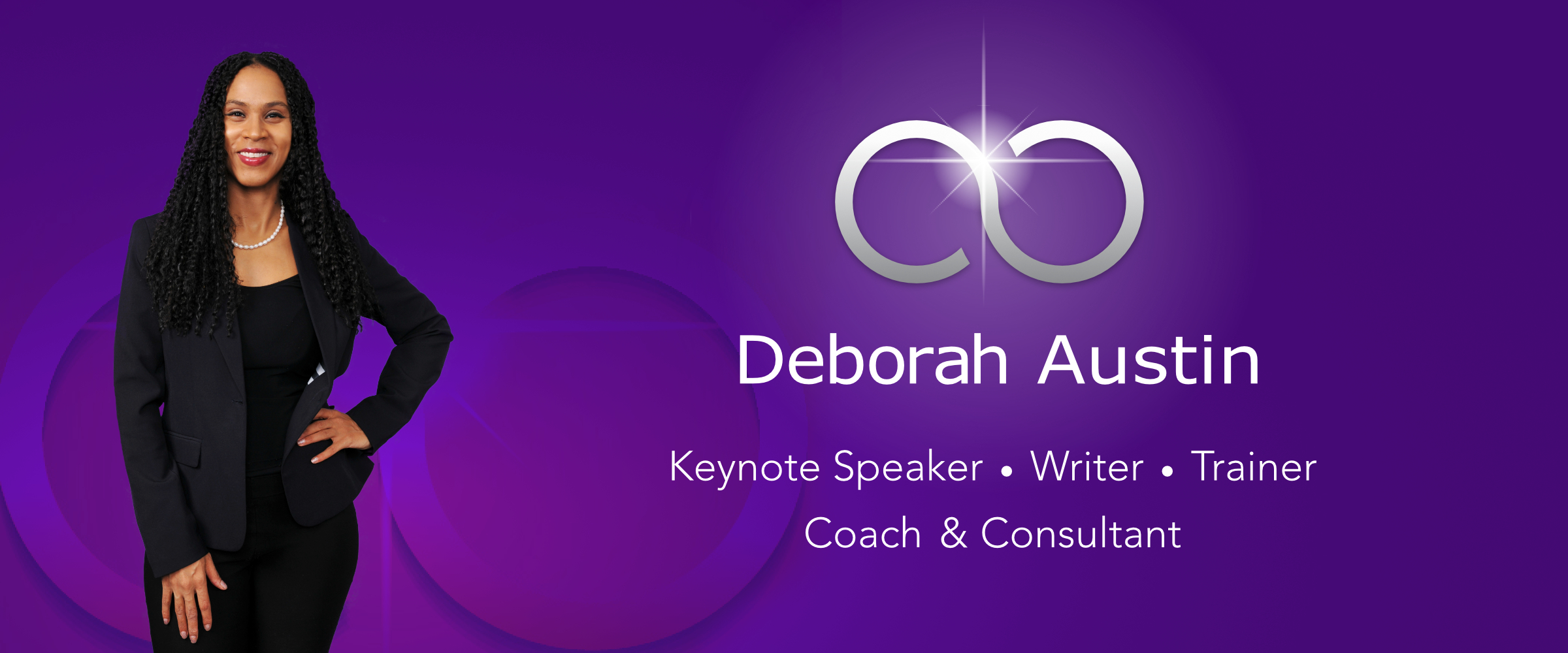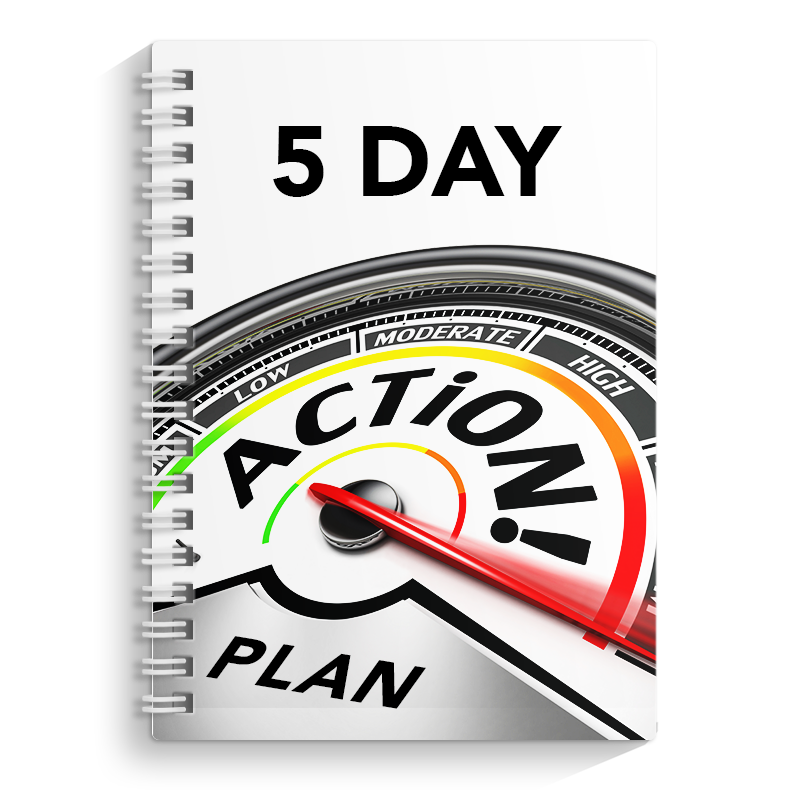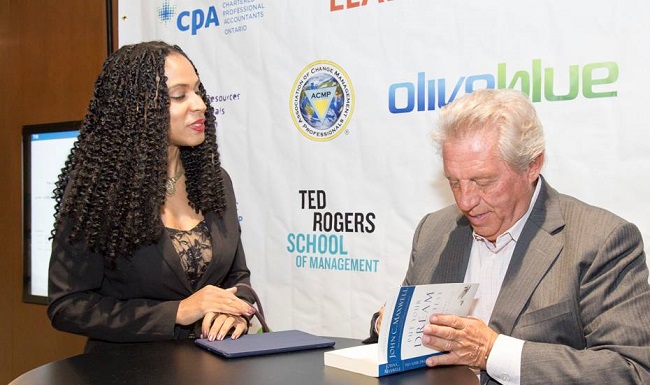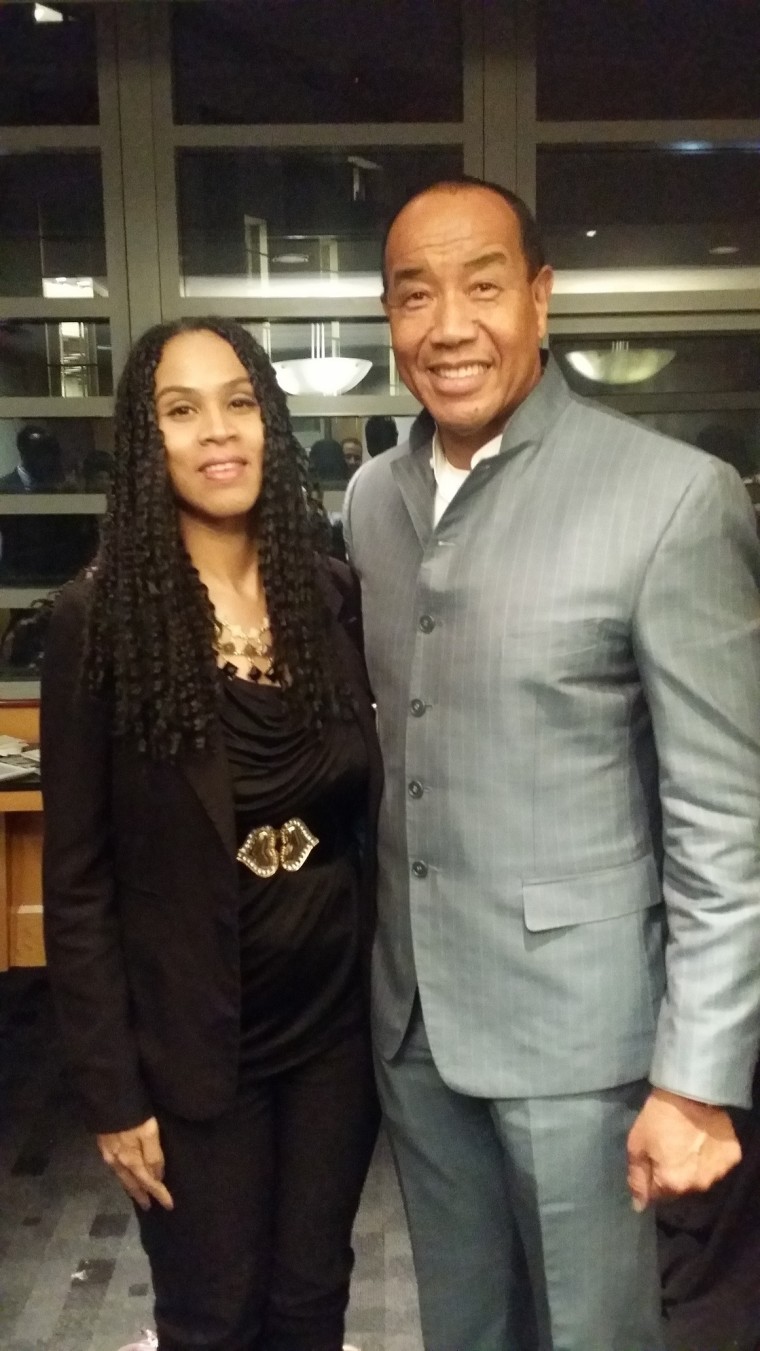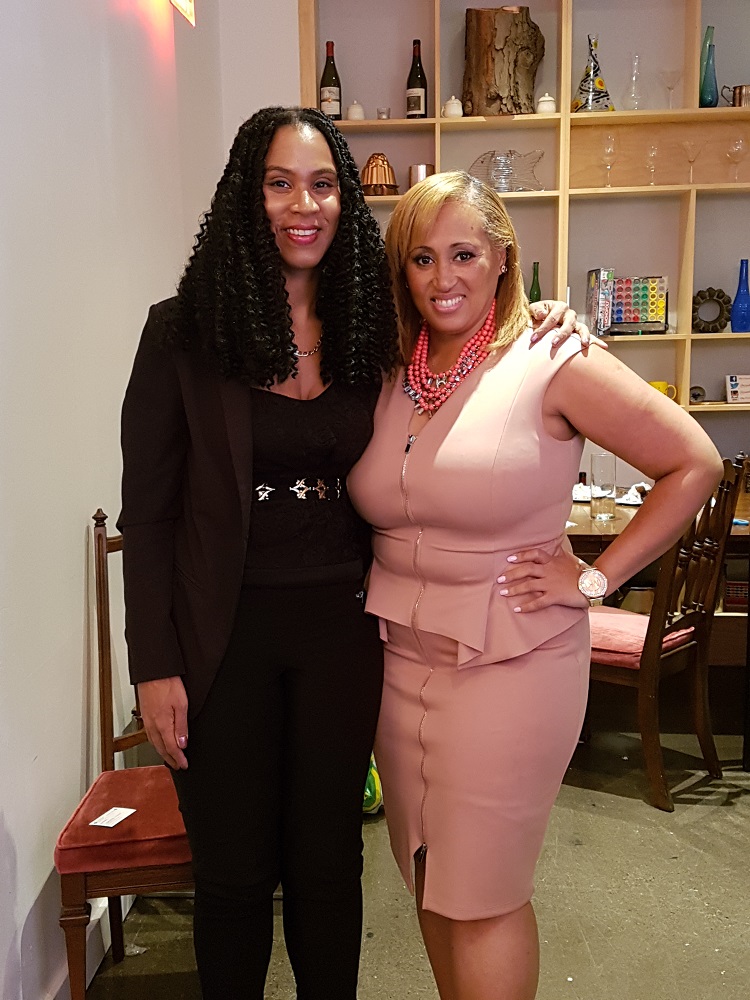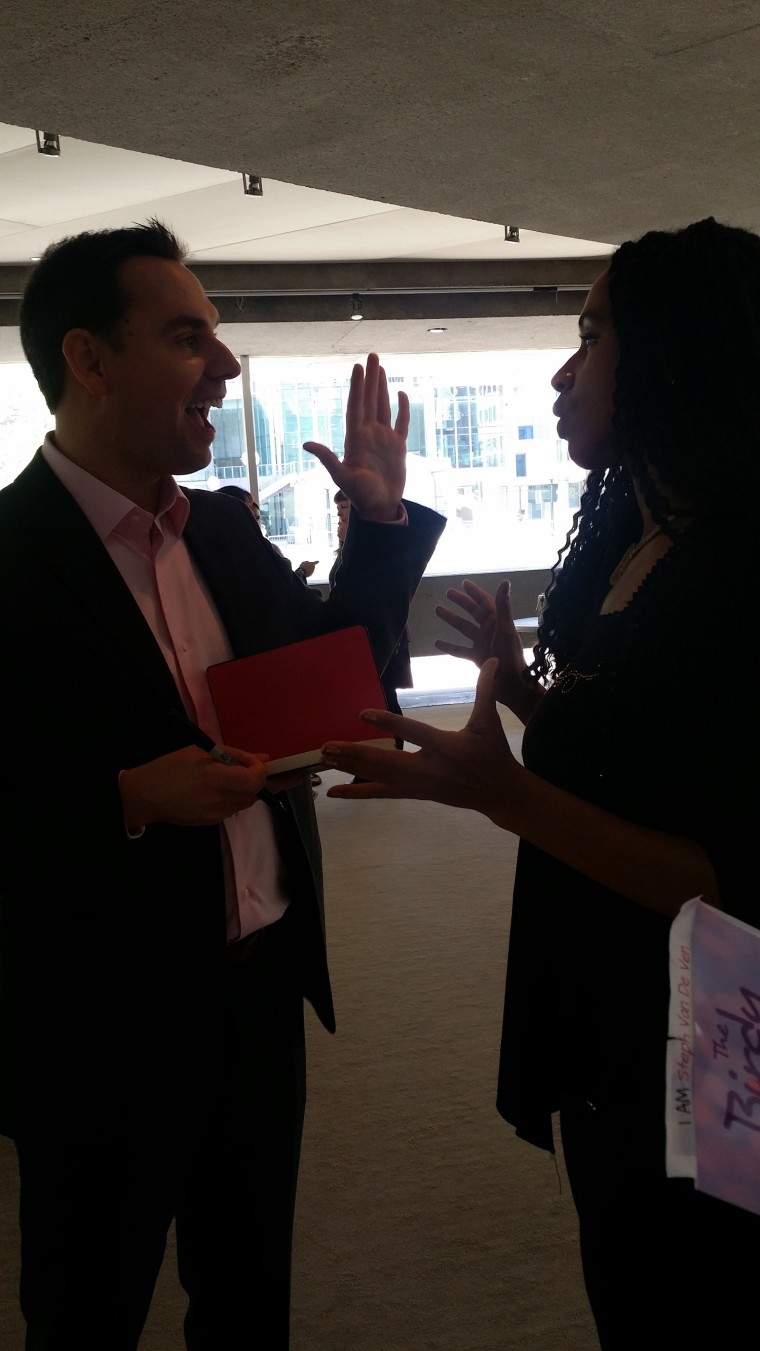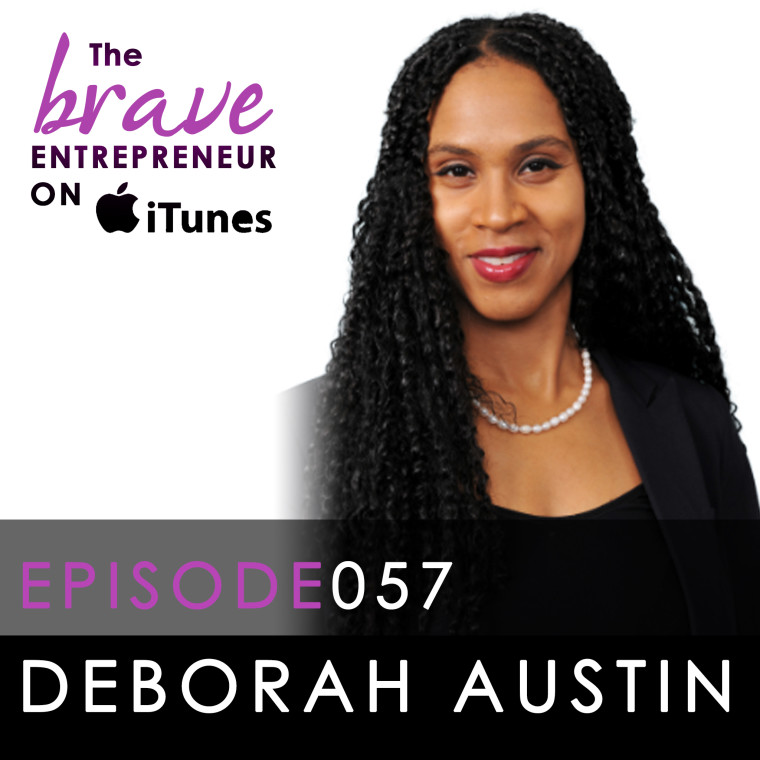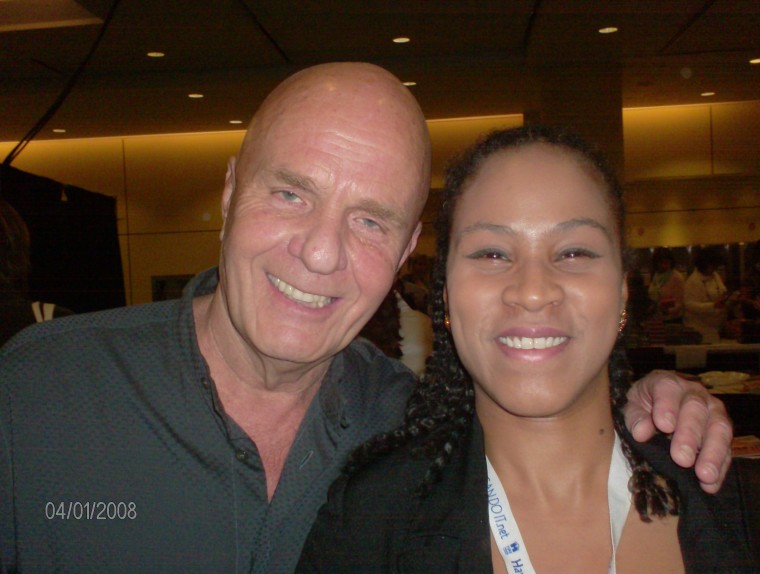Guest Post By the Queen of Sales Conversion
Lisa Sasevich
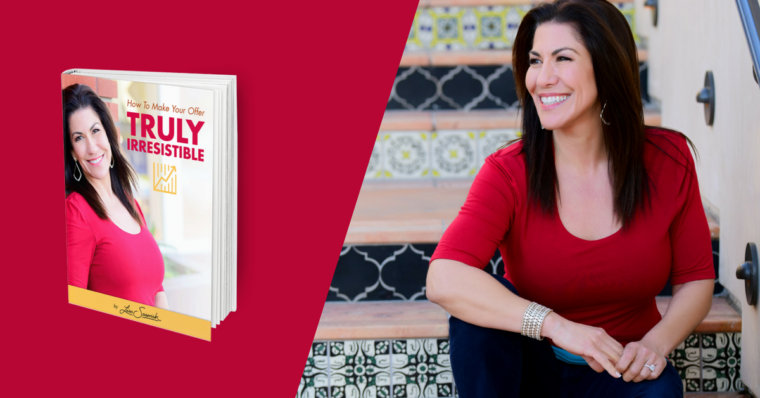
Jerry Seinfeld has a joke about the fear of public speaking that goes like this: “I saw a study that said speaking in front of a crowd is the number one fear of the average person. Number two was death. This means to the average person, if you have to go to a funeral, you would rather be in the casket than giving the eulogy.”
If this sentiment applies to you, don’t worry. I have worked with hundreds of entrepreneurs and I can tell you with absolute certainty, you already have everything you need to overcome your fear of public speaking.
The first thing I want you to know about public speaking is that it is not a unique talent. It is a skill that you can learn, and master with practice. Think of the best speaker you’ve ever seen. They were not always that good. They struggled, they learned, they honed their craft. They become a great speaker. They weren’t born that way. In fact, when they were born, I can assure you they couldn’t speak at all.
If you truly want to overcome your fear of speaking, you can. And these tips will help you do it.
Build Confidence By Controlling Your Environment
You don’t have to give your first speech as the commencement address at your Alma Mater or as the keynote speaker at a large conference. When you are talking about your business or your passion to a group that wants to hear what you have to say, you are SPEAKING.
This speaking can take place in your living room with five people, on a conference call, as part of a group meeting, or online through a webinar. Starting in one of these environments, whichever one makes you feel the most at ease, is a great first step to overcoming your fear.
Imagination NOT required
Overcoming your fear of public speaking is not about convincing yourself of an alternate reality. You don’t need to picture the audience in their underwear or visualize yourself on stage as the confident speaker you one day will be.
Becoming a confident speaker is all about your message, and your message is already in you. It is your truth. But you convey so much more than your words when you are speaking. Your body language is key.
By learning and using body language that projects comfort and confidence to your audience, you can start to feel that confidence grow in you. Your confidence can come, at least in part, from the outside in.
Prepare, prepare, prepare
I’m usually not one to use a sports analogy, but my marketing director told me that basketball coach Bob Knight once said, “The key is not the will to win. Everybody has that. It’s the will to prepare to win that’s important.” And that seemed kind of perfect to me.
You see, the same is true of public speaking. Wanting to be a great public speaker isn’t enough. It’s really all about the preparation. But how do you prepare?
First, know your audience and craft your message to them. Speak in a way that is comfortable and natural for you, but in a language they can understand, and make sure you are addressing their needs and not just your own. If your message is clear and it resonates with them, you will feel that as you speak and it will make you more confident and comfortable.
Second, anticipate resistance and prepare to meet it. Find the most likely objections to your message and know how you are going to answer those objections.
Meeting obstacles you didn’t expect is nerve-wracking, but if you’ve anticipated the obstacle, encountering it can be comforting and reinforces your total mastery of what you are presenting.
Third, focus on how great your talk is, not how long your talk is. Everyone in your audience would prefer an excellent 45-minutes to a mediocre 90-minutes. They would also prefer an excellent 90-minutes to a mediocre 45-minutes. It’s not about the length, it’s about the quality. Every time.
In addition – and I can’t emphasize this enough – practice. Practice in front of a mirror, or on video, or with a colleague who can give you feedback. This can be really helpful in identifying all the ways you are communicating when you speak; your tone of voice, body language, facial expressions, hand gestures, ums, uhs, crutch words, or jargon.
All of these are more easily identified and improved upon with an outside point of view.
And finally, know your space. By arriving early and getting comfortable in the room you remove an unknown, which will make you feel much more at ease. Take some time in the room before the crowd arrives to just be in the space, to breathe in the space. This will help to prepare your body and mind since you’ve already prepared your presentation.
Practice Self-Care
Taking the time to take care of yourself is crucial to both the health of your business and to your quality of life but it’s especially important for overcoming your fear of public speaking.
It’s very hard to master something new when you are feeling tired, irritable, stressed, or forgetful. You’ve done the work of preparing your presentation. You are the expert in the room and are the only one who can deliver your message. Now take some time to relax and feel refreshed so you can do your best.
You’ve taken care of the work, now take care of you.
And after it’s done, take some time to reflect. Muscles are built in the rest time after the workout. The same is true for learning from what you’ve done. In quiet reflection after a presentation is when you learn the lessons of that experience.
Be Yourself!
Remember that what you are offering when you speak is yourself. You are giving your audience the gift of your experience and perspective. They want the real you!
Which is great, since there’s no one else you’re more prepared to be. You’ve been you for a long time!
Bring your authentic self and let your personality shine through.
There are two ways that speakers tend to short-circuit their own authenticity.
First, by trying to wing it. Gaining speaking confidence is all about being prepared and the more prepared you are to deliver the content of your speech, the more your true personality can shine through.
Second, by over-scripting what you’re going to say. The pendulum swings both ways – creating rigidity and over-scripting makes it easier to get thrown off if someone asks a question you were going to talk about later, or you understand that the room isn’t responding to something, or if the projector breaks or the mic goes out. Know your content and be comfortable with your delivery, but avoid getting locked into reading off a prepared script.
Prepare For Things To Go Wrong
Breathe.
Breathe again.
There. Good. If you speak long enough something will go wrong. It’s ok. It happens to all of us.
Take some time in your preparation to think through how you’ll respond if something doesn’t go as planned. If you’ve thought about it already it will be less of a surprise if it happens.
The important part isn’t that something went wrong, the important part is how you respond. Here are a few things you can do to master your response.
Don’t take it personally. The laptop going out isn’t the will of the universe directed at your presentation. Keep cool. Breathe. You know what you’re going say and you know it’s worth hearing. This won’t derail you. You’ve got this!
Find the humor in the situation. Your audience is going to feel bad for you when something goes wrong. They’ll tense up on your behalf. If you can relax into it, find the humor and keep it light, they will feed off your positive energy and you’ll all ride the storm out.
Stick to your plan. You’ve prepared for this presentation. You know your stuff. You know it will work the way you’ve planned it. Do what you had already planned to do and you’ll be just fine.
If you enjoyed this content, Lisa Sasevich is releasing a complimentary online training series chocked full of resources like this designed to support you on your business building journey. Check it out here.
Irresistible Offers
